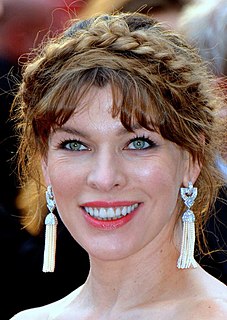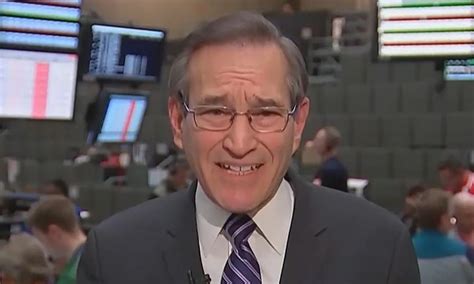A Quote by Milla Jovovich
People say that I'm always late, but that's a myth.
Related Quotes
When you've been brought up in variety, I think timing is always important in your life. If I'm ever late for anything, whether it's personal or business, I always apologise. 'I'm sorry I'm late,' and all that. And if somebody is late meeting me, I expect them to say 'I'm sorry I'm late.' It's just, shall we say, showbiz etiquette of my day.
But the myth of power is, of course, a very powerful myth, and probably most people in this world more or less believe in it. It is a myth, which, if everybody believes in it, becomes to that extent self-validating. But it is still epistemological lunacy and leads inevitably to various sorts of disaster.
We live, understandably enough, with the sense of urgency; our clock, like Baudelaire's, has had the hands removed and bears the legend, "It is later than you think." But with us it is always a little too late for mind, yet never too late for honest stupidity; always a little too late for understanding, never too late for righteous, bewildered wrath; always too late for thought, never too late for naïve moralizing. We seem to like to condemn our finest but not our worst qualities by pitting them against the exigency of time.
Life is insanely robust, though we can make species go extinct, and this is the bad thing. So I always make the point that you can't say, 'Is it too late?' That is the terrible question, because either answer promotes inaction. If it's too late, you don't need to act; if it's not too late, you don't need to act.
Dream is personalized myth, myth is depersonalized dream; both myth and dream are symbolic in the same general way of the dynamics of the psyche. But in the dream the forms are quirked by the peculiar troubles of the dreamer, whereas in myth the problem and solutions shown are directly valid for all mankind.









































